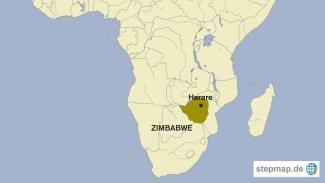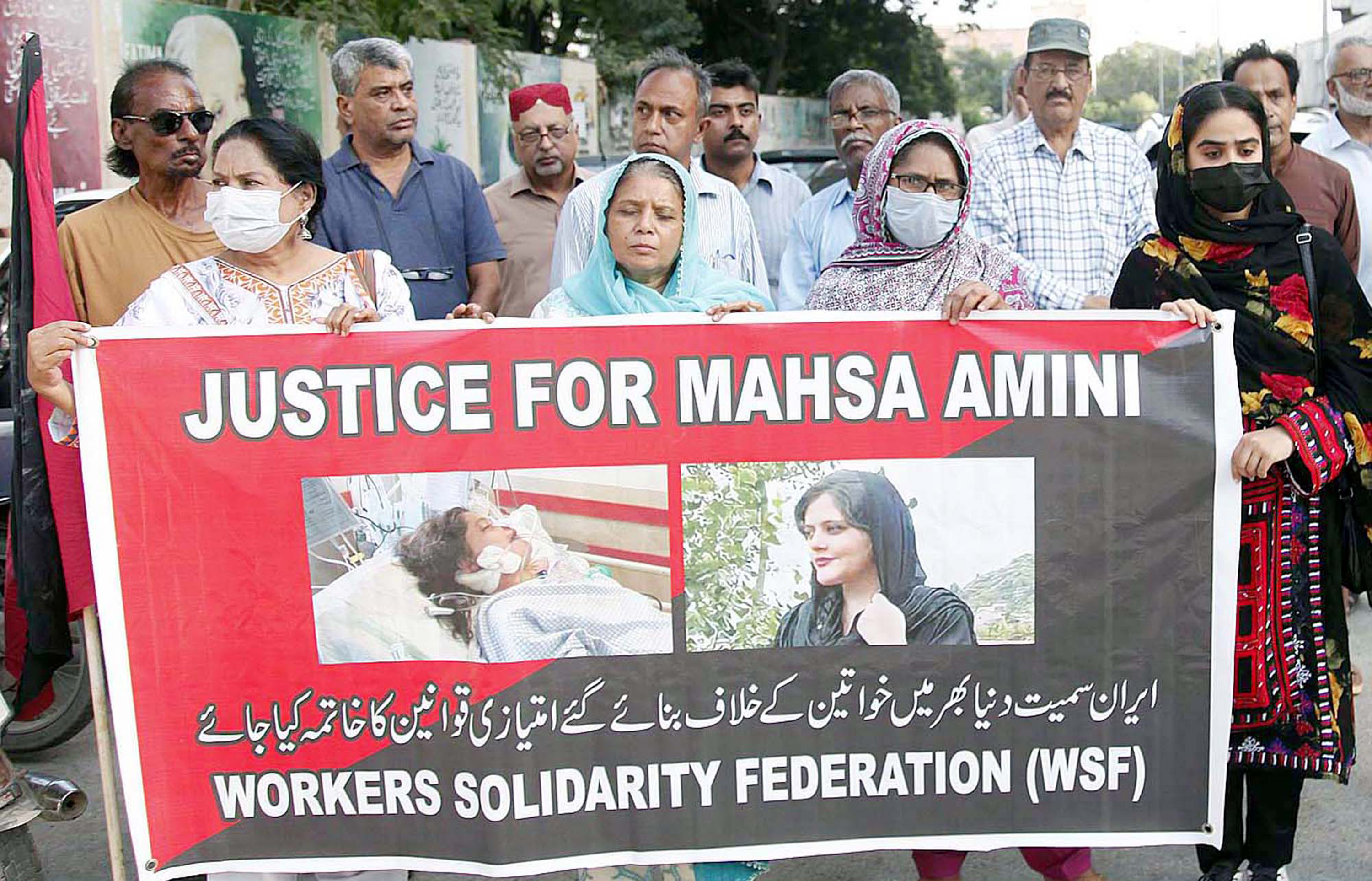Health
Too poor for sanitary wear

For poor Zimbabwean girls like Dheliwe Siziba, aged 16, pieces of rag have taken the place of sanitary wear. Many girls can no longer afford proper sanitary pads. Dheliwe has to cope with rags that she picks from torn clothes when she has her monthly menstruation. In Zimbabwe, it costs five US-Dollars to buy a single packet of sanitary pads. Such sums are beyond the reach of many girls like Dheliwe.
According to Letina Gavi, a member of the Amalgamated Rural Teachers’ Union of Zimbabwe (ARTUZ), a rural teachers’ trade union organisation, some very poor girls even have to use leaves instead of sanitary pads.
Moved by the plight of the poor women and girls, independent organisations like the Youth Dialogue Action Network (YDAN) have taken the initiative to help those girls and women lacking sanitary wear. “With donations from well-wishers, we have managed to give out sanitary pads free of charge especially to rural girls,” says Catherine Mkwapati, director of the YDAN.
“People are so poor here, and for the girls, one of the ways that their poverty manifests is during their monthly menstrual periods.”
Even for poor mothers like Eliza Chioko, aged 39, sanitary wear has become a cause of headaches. Her husband cannot afford to buy sanitary pads for her. “I have to rely on old newspapers to stop the heavy flow. Sanitary pads are a luxury for me,” Chioko says.
Zimbabwe’s mounting cash shortages have added to the growing sanitary-wear poverty.
Up to 2016, a packet of sanitary pads used to cost one dollar. Importers of sanitary wear have not helped matters either – their prices are exorbitant. Of course they must pay for their goods with dollars too. Accordingly, Martin Ncube, a trader who imports goods from South Africa, says: “Our pricing is justified.”
Agnes Tunhira, an activist with the non-governmental organisation Women of Zimbabwe Arise (WOZA), points out that due to sanitary-wear poverty, poor girls and women have become prone to sexual exploitation: “Girls and women who are poor now just sleep with anyone just to raise enough money to buy sanitary pads to prepare for their next menstruation.”
Jeffrey Moyo is a journalist and lives in Harare, Zimbabwe.
moyojeffrey@gmail.com













